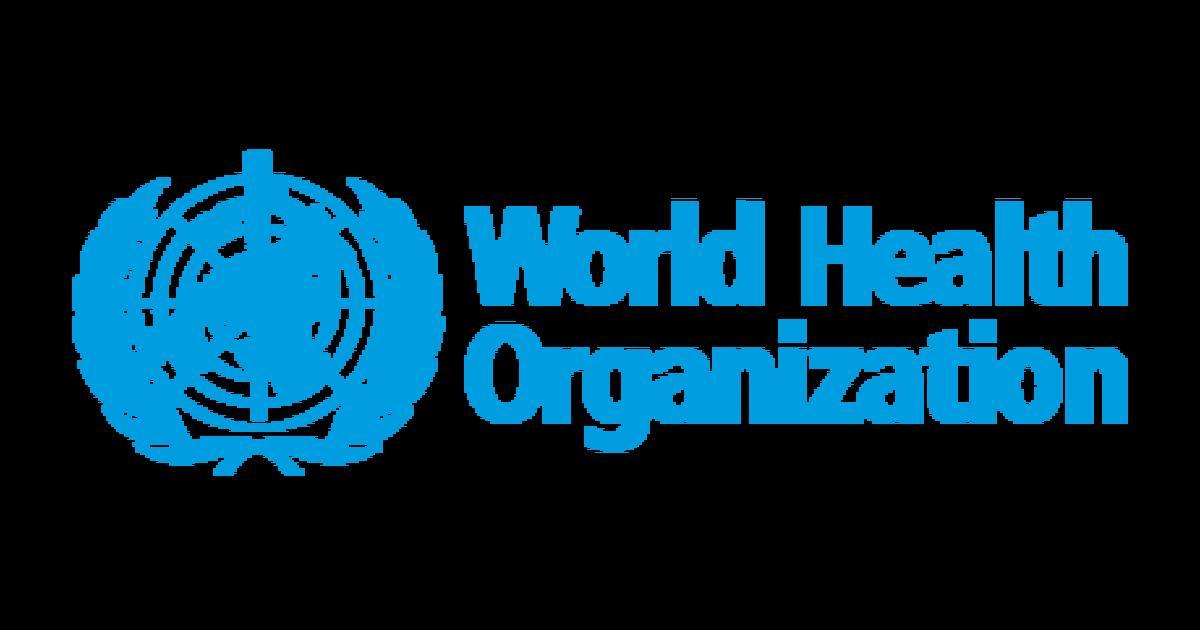Africa-Press – Lesotho. The World Health Organisation (WHO) has called for renewed efforts for the realisation of equitable access to life-saving vaccines for every child, every community and every country in the WHO African Region.
In a statement published by WHO last week, Acting WHO Regional Director, Dr Chikwe Ihekweazu said immunisation is not only one of the most effective public health tools; it is a “fundamental right, a shared responsibility and a vital investment in our future”.
According to WHO, vaccines have saved an estimated 154 million lives over the past 50 years, reducing infant mortality by 40% and protecting people from more than 30 deadly diseases.
The Africa Vaccination Week was endorsed in September 2010 with the aim of strengthening immunisation programmes in the African Region, and is celebrated during the last week of April each year simultaneously with the World Immunisation Week. The African Vaccination Week is celebrated from April 24 to 30 annually.
For this year’s celebration, Vaccination Week is celebrated under the theme, ‘Immunization for all is humanly possible’. This theme, according to WHO, “affirms that, together, we can reach every last child, strengthen health systems, and restore and expand routine immunisation services disrupted by the COVID-19 pandemic.”
The vaccinations administered to children include the Bacillus Calmette-Guerin (BCG), Polio, Pentavalent vaccine, Pneumococcal vaccine, Inactivated Polio vaccine, Rotavirus vaccine, Measles Rubella vaccine, Diphtheria and Tetanus (DT), Tetanus-Diphtheria (TD), Human Papillomavirus vaccine and Covid-19 vaccine.
“In 2024, the global community celebrated 50 years of the Expanded Programme on Immunization. This milestone was a reminder of the extraordinary progress made – and the work that remains.
“Despite the advances, far too many people in our region still lack access to essential vaccines. One in five children in Africa remain under-vaccinated. In 2023 alone, 6.7 million children received no vaccines at all – so-called “zero-dose” children.
Measles outbreaks persist, while vaccine-derived poliovirus continues to pose a threat,” said Dr Chikwe Ihekweazu in a statement.
WHO has also reported that this year marks the midway point of Immunization Agenda 2030 (IA2030) which is a global commitment to achieving equitable vaccine access by 2030. “Now is the time to accelerate progress, expand coverage and close immunity gaps.
“WHO and partners are working closely with countries to identify and reach zero-dose children, integrate immunization into primary health care, and build stronger, more resilient health systems. Initiatives like the Big Catch-Up are helping to restore essential services, while the introduction of new vaccines such as those for malaria and human papillomavirus (HPV), is expanding our disease prevention arsenal,” reads WHO statement.
Dr Ihekweazu also reported progress in the fight against vaccine-derived polio across Africa. Between 2023 and 2024, the African region recorded a 93% drop in cases of circulating variant poliovirus type 1 (cVDPV1), alongside a 65% fall in cVDPV2 cases.
He noted that these results show eradication is now within reach, provided that momentum is maintained, particularly in high-risk areas like the Lake Chad Basin and the Horn of Africa.
He stressed that sustaining progress will require strong action.
Governments are urged to increase domestic investment and secure sustainable financing for immunisation. Health systems must integrate vaccines into essential services to widen access.
Communities are encouraged to fight misinformation and vaccine hesitancy. Meanwhile, global partners are called upon to continue backing efforts to ensure equitable vaccine access across Africa.
Dr Ihekweazu underscored that immunisation must be made a top priority across all health and development agendas on the continent.
It is not yet clear whether the Ministry of Health plans to celebrate Immunisation Week, as they had not responded to our questions by the time we went to print last night.
“The WHO Regional Office for Africa remains steadfast in its support to countries and partners, working together to ensure that immunization for all is not just a goal, but a reality,” said WHO in a statement.
For More News And Analysis About Lesotho Follow Africa-Press






